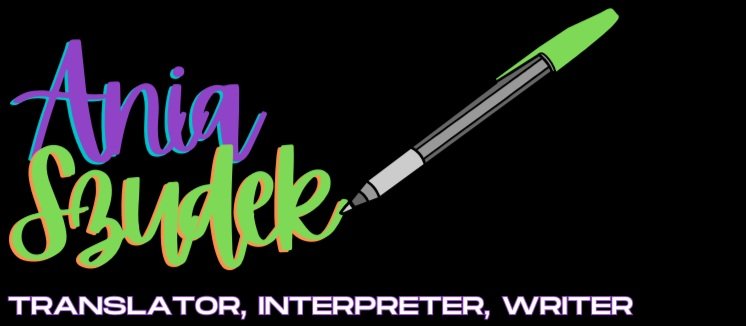What is interpreting and how is it different from translation?
In short, interpreting is the translation of speech. An interpreter is needed whenever two parties who don’t speak the same language need to communicate in a live setting: be it business negotiations, an official speech, a testimony in court, a conversation between two politicians, or a doctor interview.
Contrary to (written) translation, which is unidirectional, interpreting often involves bidirectional language processing. This means that an interpreter will often have to translate not only into their native language, but from their native language into the foreign language as well - and all this in a situation where they need to translate on the spot!
Due to its stressful and highly demanding nature - especially in the context of vocational responsibility that it involves - interpreting requires a whole set of skills and tools, constant practice, and great dedication. An interpreter needs to have excellent short-term memory, refined note-taking skills to assist them whenever memory alone will not suffice, (near) perfect pronunciation, and the ability to recall the exact word that they need to use without hesitation. It takes a lot more than just fluency in a language. In fact, even a native speaker of both (source and target) languages may not be up to the task.
There are multiple types of interpreting, with some terms being more precise than others. Interpreting is often classified with respect to either the medium that’s used (e.g., over-the-phone interpreting) or the context in which it takes place (e.g., liaison interpreting). However, the most crucial classification takes into account the manner in which the spoken translation is performed. Accordingly, we distinguish between simultaneous interpreting and consecutive interpreting. Simultaneous interpreting means that the interpreter performs the translation concurrently with the speaker talking, e.g., sentence by sentence. Consecutive interpreting, on the other hand, consists in translating larger chunks of text. For instance. the speaker might be talking for three minutes straight, after which time the interpreter will have to translate the entire passage right away. Both types are equally as challenging, albeit for different reasons.
What makes me a good interpreter?
I studied interpreting for three years at the University of Warsaw. During this time, I learned how to effectively take notes for consecutive interpreting and quickly pick the correct style and register for each text heard (a radio broadcast, a speech held by a politician, etc.).
Moreover, by doing interviews with musicians and artists for a music magazine, I learned how to keep my cool in stressful situations and how to react when a conversation takes an unforeseen or unplanned turn - two things essential to one’s performance as an interpreter.
In order to see some feedback on my interpreting work, please click on the Testimonials link at the top of the page.
